Clinical Trials for Investigational Therapies

Clinical trial volunteers make new cancer therapies possible. Learn more about how clinical trials work and how you can play a powerful role in developing medical breakthroughs.
What is a Clinical Trial?

A clinical trial follows a protocol that has been approved by the FDA and other regulatory agencies in order to ensure the safety of trial volunteers. The protocol outlines inclusion and exclusion criteria for participating in the trial, the schedule of trial visits and procedures, safety precautions, and what and how trial data will be analyzed.
Trials are carefully designed and extensively monitored, and they are required to be approved by the appropriate regulatory authorities, as well as independent ethics committees (IECs) or internal review boards (IRBs), before patients can be treated. Clinical trials may be conducted at various sites such as a hospital or outpatient clinic, and in different regions within the U.S. as well as in multiple countries.
Before a new therapy can be approved, it must complete a rigorous clinical development process, which includes several phases to evaluate safety and effectiveness.
Clinical Trial Phases

Clinical trials are carefully controlled scientific studies that are a crucial part of the cancer therapy development process.
Usually when you join a clinical trial, you’ll be in just one phase of the trial, however some trials are designed to allow for participation in more than one phase.
Human volunteers make it possible to investigate whether a new therapy is safe and effective.
Discovery
There are several ways that researchers may discover new drugs or therapies. Only a small fraction of items in discovery are deemed acceptable to pursue development.
New discoveries related to a disease that may help to design a therapy to treatment or cure that disease
Testing of molecular compounds to find possible beneficial effects
Unanticipated therapeutic effects of an existing therapy
New technologies that can change the way a disease is treated
Development
Compounds or therapies that are identified as having potential are then advanced into development which involves conducting experiments to assess several aspects of its characteristics.
How the therapy is processed by the body (i.e. absorbed, distributed, metabolized, excreted)
How the therapy works, associated potential benefits, and how it compares with existing therapies
The best dosage how to deliver the therapy (i.e. oral, IV injection)
Potential toxicity and side effects
After developing a potential therapy, the next step is to conduct studies prior to testing the therapy in human volunteers to assess its potential harmful effects and safety.
The FDA has developed regulations called good laboratory practices (GLP) that are required for preclinical studies. These are designed to assure study safety and include items such as personnel, facilities, equipment used, operating procedures, and reporting.
Preclinical studies may be conducted in vitro (a laboratory environment) or in vivo (with a living organism) to obtain detailed information on dosing and toxicity to determine whether the therapy should be tested in humans.
Phase 1 trials are generally conducted in a small number of individuals and intended to assess the product’s safety, tolerability, and dosage of a therapy and for many new candidates researchers will conduct testing on normal volunteers (healthy people). The exception is if a new drug is intended for use in cancer patients, researchers may conduct Phase 1 trials in patients with that type of cancer.
Phase 1 trials are closely monitored and gather information and evaluate the effects of the product candidate on the body and what happens once administered. Dosing is often adjusted based on preclinical data to determine side effects and the level the body can safely tolerate.
This safety and dosage information about the effectiveness of the therapy is used to determine the best way to administer the therapy to limit risks and maximize potential benefits. If an acceptable safety profile is demonstrated, the candidate is advanced to a Phase 2 trial.
Phase 2 clinical trials are generally designed to study the safety and tolerability of the product candidate in a larger group of individuals and to evaluate the early efficacy in patients with the disease or condition for which the product is being developed. For cancer trials, a placebo (inactive treatment) is typically not used in Phase 2 trials and outcomes may have an a broader assessment of the effectiveness of the treatment if there is a large unmet need.
The definition of success for Phase 2 cancer trials depends on the goal of the treatment. Aside from demonstrating safety, a positive outcome may mean the cancer shrinks, disappears, doesn’t grow or doesn’t return for an extended period of time. In addition, many clinical trials evaluate if the patients undergoing the new treatment live longer than most other patients with the same cancer do without the treatment.
For some cancers the regulations may allow therapies for serious conditions that fill an unmet need to be approved more quickly through FDA special programs such as fast track, breakthrough therapy, accelerated approval, and priority review if the product candidate demonstrates early safety and a survival benefit over existing therapies.
If a product candidate meets its Phase 2 endpoints (goals for safety and other criteria), a Phase 3 trial is conducted with a large number of participants to further determine efficacy and compare it to existing therapies or placebo. In most instances, the Phase 3 trials compare the product candidate with the current standard of care, if available, and also continues to monitor side effects and collect safety data. Some Phase 3 trials also study the product candidate in combination with other FDA approved therapies.
If accelerated approval was not granted after Phase 2, this third phase is the final step before submitting an investigational product to a regulatory agency for market approval. The regulatory health authority, such as the U.S. Food and Drug Administration (FDA), will review the results of the clinical trials up to and including the Phase 3 trial to determine whether to approve a new product candidate.
Phase 4 clinical trials are part of Post-Market Safety Monitoring which is conducted once the investigational product candidate has been approved by FDA and other regulatory agencies.
These trials continue to assess the safety and efficacy of the new product along with its long-term effects in a real world setting. They may take place over many years and usually involve a large number of participants.
Even though Phase 1, 2, and 3 clinical trials provide important information on an investigational product’s efficacy and safety, limitations exist and therefore the safety and effectiveness of a product continues to be monitored over the years of a product’s lifetime in the marketplace.
Sources:
1. U.S. Food and Drug Administration. (2018, January 4). Clinical trials: What patients need to know. https://www.fda.gov/patients/clinical-trials-what-patients-need-know [Accessed 20 August 2024]
2. U.S. Food and Drug Administration. (2018, January 4). The Drug Development Process. https://www.fda.gov/patients/learn-about-drug-and-device-approvals/drug-development-process [Accessed 20 August 2024]
Protecting Your Privacy and Safety

Clinical trial participants play a crucial role in developing new cancer therapies and we are committed to upholding the highest ethical standards to protect the safety, privacy, and confidentiality of you and your loved ones.
The clinical teams that conduct trials follow the same rules and regulations as other healthcare providers as well as federal government requirements and regulations. In every trial plan and protocol there are protections built into the trial processes that function to safeguard the wellbeing of participants. You have several rights as a participant, including but not limited to:
Confidentiality and protected identity
Ability to leave the trial at any time
Know all possible risks and benefits
Ask questions about all aspects of the trial
Steps to Join a Clinical Trial

The decision to join a clinical trial is voluntary and yours alone to make. Your participation in a clinical trial helps contribute to medical research that has the potential to affect you as well as many others with the same medical condition.
The results of every clinical trial are important because they give researchers more information about the risks and benefits of the treatments in the trial. Medical breakthroughs and better treatments for diseases could not happen without the help of trial volunteers from all backgrounds.
In order to determine if you are eligible to enroll in a trial, a rigorous screening process is carried out, aimed to assist you in making an informed decision about your healthcare and cancer treatment plan.
1 - Pre-Screening
2 - Informed Consent
3 - Screening
- Learning Center
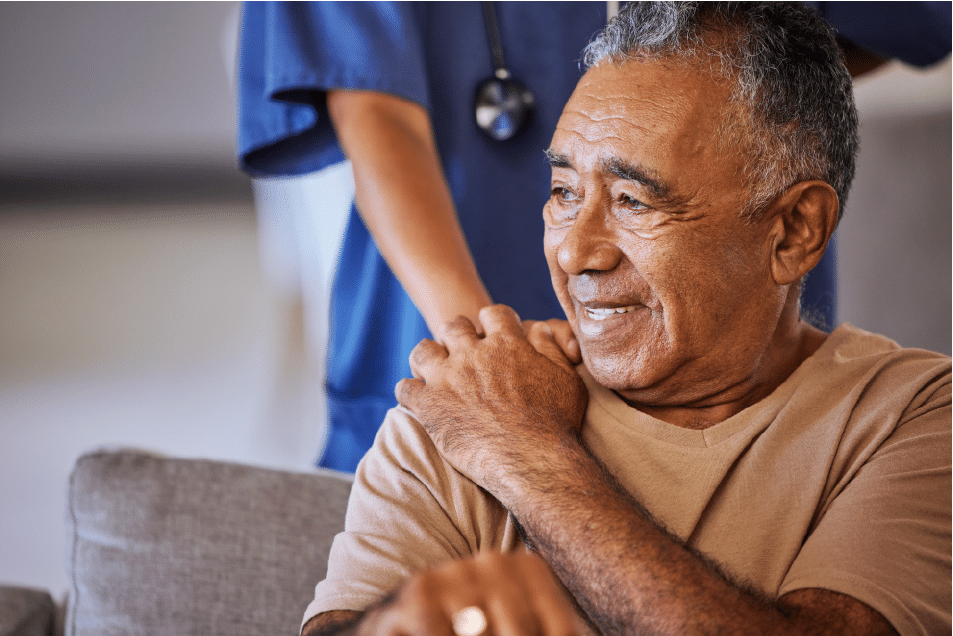
Syncromune Trials
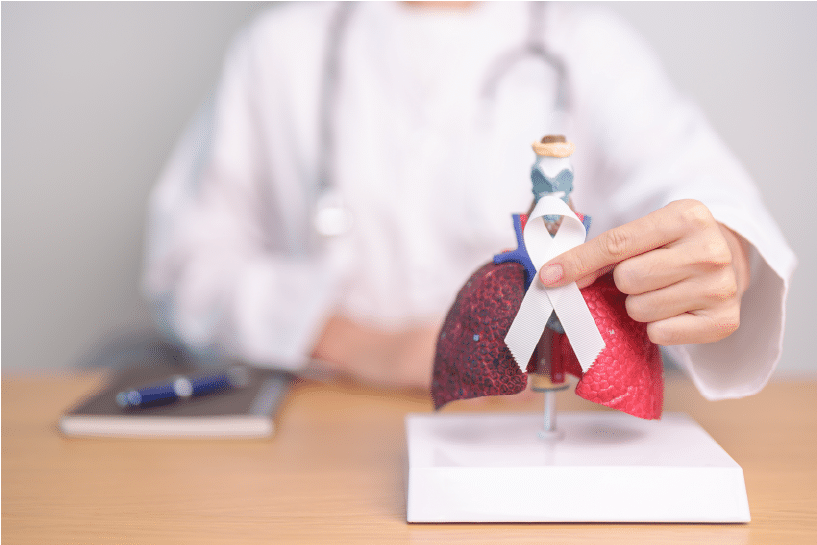
Educational Resources
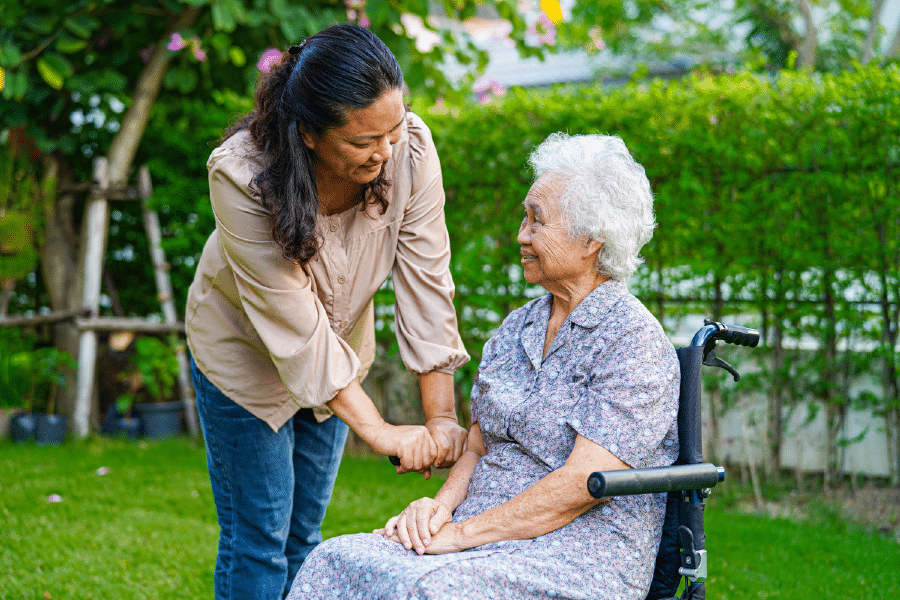
For Patients & Caregivers

For Healthcare Professionals

Syncromune Trials
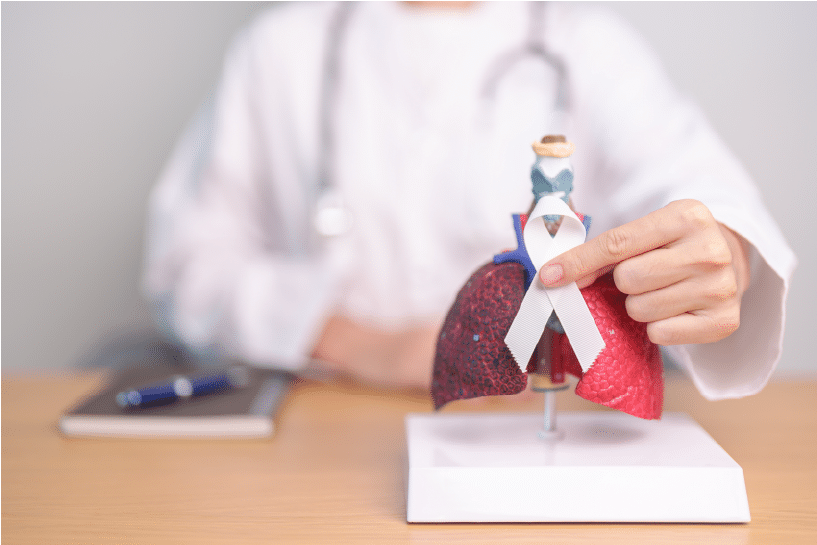
Educational Resources
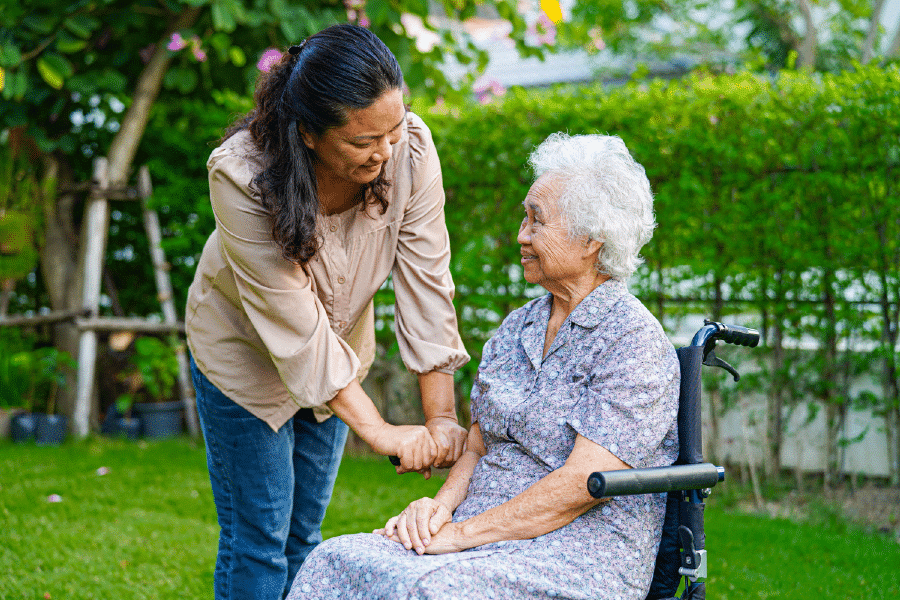
For Patients & Caregivers




